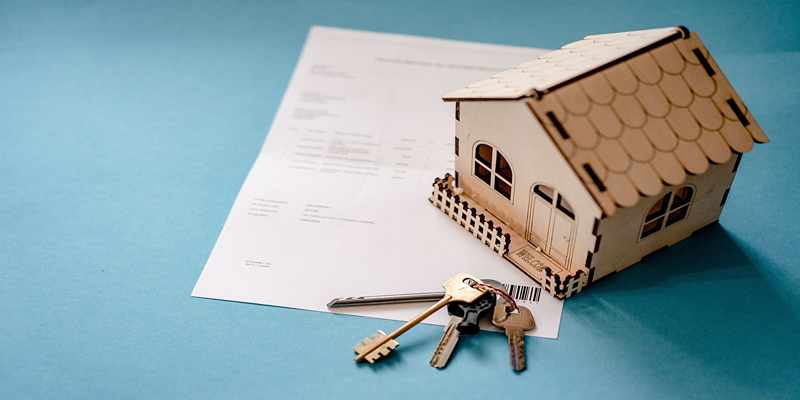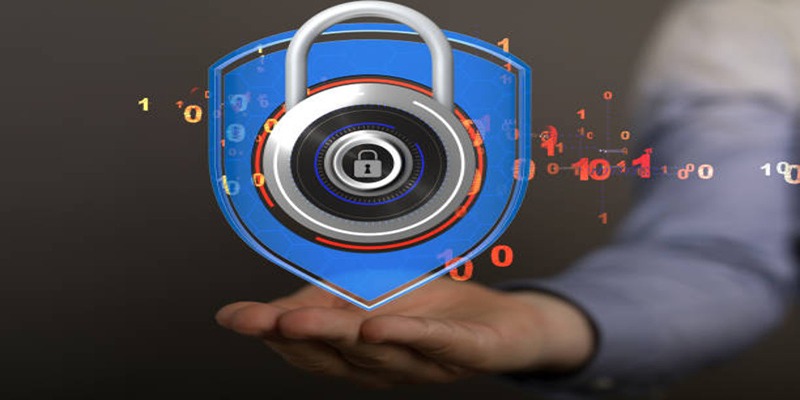Imagine waking up one day, checking your bank balance, and realizing it's not what it used to be. Panic sets in. Did you spend more than you thought? But what if the culprit behind this sudden dip in your bank balance isn't you but your creditors? Can creditors freeze your bank account? The short answer is yes, they can, under certain circumstances.
This article aims to provide you with a comprehensive understanding of creditors freezing bank accounts, your rights in such situations, and the steps you can take to safeguard your financial interests.
Understanding the Basics
Before we delve into the specifics, let's get a grasp of the basics. When you borrow money, whether it's through a loan, credit card, or other financial arrangements, you enter into a legal agreement to repay that debt. If you fall behind on your payments and ignore warnings or opportunities to catch up, creditors may take legal action to recover the money they're owed.
One of the methods creditors can use is to seek a court-issued judgment that allows them to freeze their bank account temporarily. This means you won't have access to the funds in that account until the debt is settled.
So, why do creditors freeze bank accounts? It's a way for them to secure the debt and increase their chances of getting repaid. When your account is frozen, it prevents you from withdrawing or transferring money, making it harder for you to hide assets and avoid repaying what you owe.
When Can Creditors Freeze Your Bank Account?
Now, let's talk about when creditors can take this step. They can freeze your bank account after obtaining a judgment against you through a legal process. Here's a simplified breakdown of the typical steps involved:
Missed Payments: This is where it all starts. You fall behind on payments to a creditor, whether it's a credit card company or a lender. It's crucial to keep up with your payment obligations to avoid progressing to the next stages.

Collection Attempts: When you miss payments, creditors will initiate collection attempts. They'll reach out to you through various means like phone calls, letters, and emails. At this stage, they may propose payment plans or settlements to help you catch up on your outstanding debt.
Legal Action: If your debt remains unpaid despite their collection efforts, creditors can escalate the situation by taking legal action against you. This involves filing a lawsuit in a court of law, seeking a judgment in their favor.
Obtaining a Judgment: If the court rules in favor of the creditor, they obtain a judgment order. This legal document confirms the debt you owe and grants the creditor the right to pursue further actions to recover it.
Bank account Freeze: With a judgment in hand, the creditor can request the court to freeze your bank account. This means your access to the funds in that account is temporarily restricted until the debt is paid off. It's a measure designed to secure the debt and increase the likelihood of repayment.
Can All Creditors Freeze Your Bank Account?
Not all creditors have the authority to freeze your bank account. It typically depends on the type of debt and the legal processes involved. Let's break it down:
Secured vs. Unsecured Debt: Secured debts, like mortgages or auto loans, are backed by collateral (your house or car). Unsecured debts, such as debt or medical bills, are not tied to any specific asset. Creditors with unsecured debts are more likely to seek bank account freezes.
Court Judgment: As mentioned earlier, a court judgment is usually required for creditors to freeze your bank account. This means they must take you to court and win the case.
Government Agencies: Some governmental bodies, such as the IRS for unpaid taxes or agencies responsible for child support enforcement, possess the power to place a freeze on your bank account without the need for a court-issued order. They typically send warnings and notices before taking this step.
What Can You Do If Your Bank Account Is Frozen?
If you find yourself in the unfortunate situation of having your bank account frozen, here are steps you can implement to tackle the problem:
Contact the Creditor: Reach out to the creditor who initiated the bank account freeze. They may be willing to work with you to resolve the debt or lift the freeze if an error occurs.

Review Exemptions: Determine if any of your funds are exempt from the freeze based on your state's laws. Ensure your protected funds are not included in the freeze.
Consult an Attorney: If you believe the bank account freeze is unjust or if you're unsure about your rights, consider seeking legal advice from an attorney who specializes in consumer debt issues.
Negotiate a Settlement: If you can, negotiate a settlement with the creditor. They may agree to a reduced amount to satisfy the debt, which could lead to the removal of the bank account freeze.
Establish a Payment Plan: If you can't pay the entire debt at once, work with the creditor to set up a reasonable payment plan. Once you start making payments, they may lift the freeze.
Monitor Your Accounts: Stay vigilant about your other accounts to ensure they are not frozen as well. Take steps to manage your finances and prevent further creditor actions.
Conclusion
Discovering that creditors have frozen your bank account can be a nerve-wracking experience, sparking worries about your financial stability. But fret not, as you do have rights and avenues for action in this situation.
While creditors do have the ability to freeze your bank account under specific circumstances, there are crucial legal procedures they must follow, and you have opportunities to address the issue.
Whether through negotiation, settling your debts, or even seeking legal assistance, there exist ways to resolve the problem and regain control of your financial situation. The key is not to panic but rather to take the necessary steps to protect your rights.




